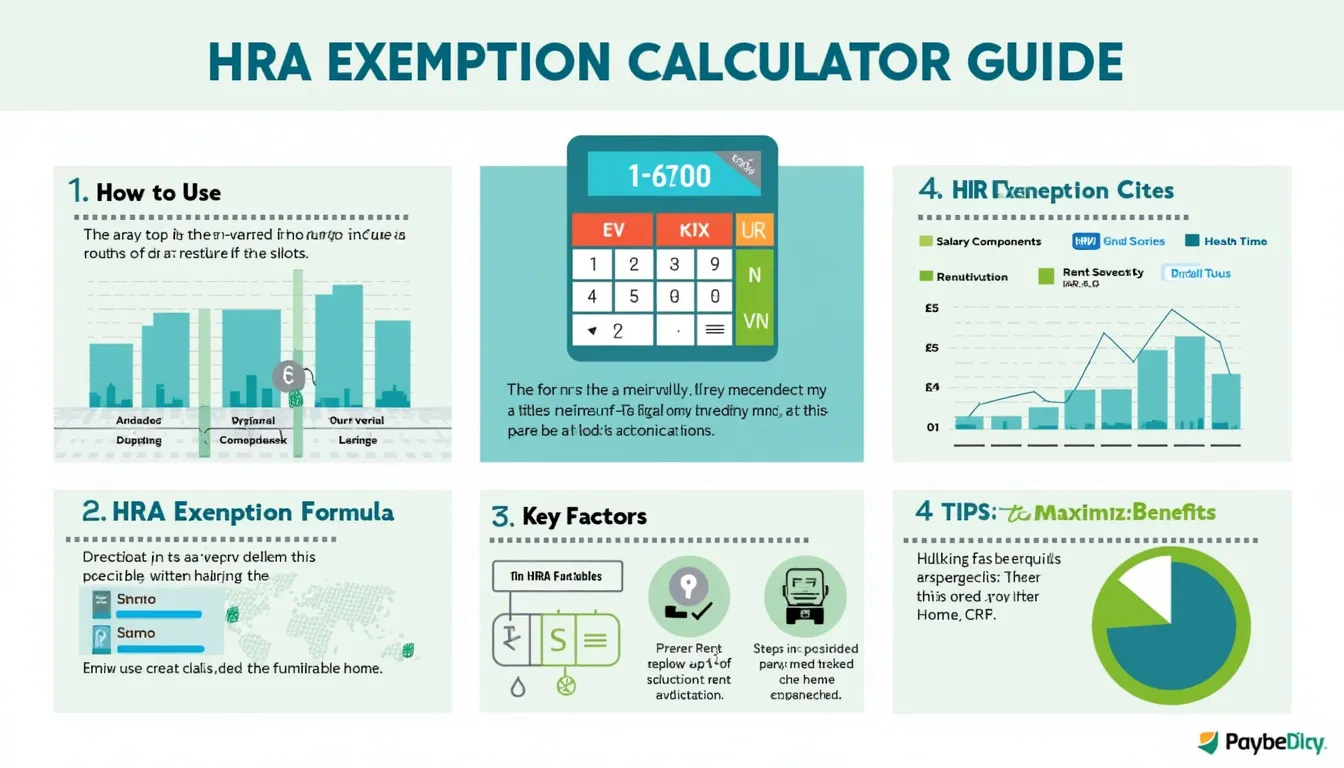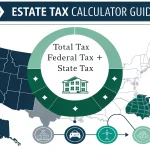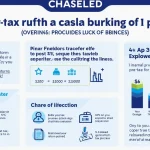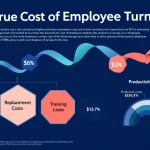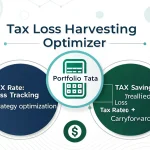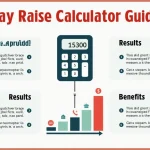Is this tool helpful?
How to use the tool
- Basic Salary (Monthly)
Type your core pay. Example A: 47 500; Example B: 61 200. - Dearness Allowance (Monthly)
Add DA forming part of retirement benefits. Example A: 3 000; Example B: 2 750. - Commission (Monthly) (if a fixed percentage of turnover)
Example A: 1 250; Example B: 0. - Actual HRA Received (Monthly)
Example A: 9 300; Example B: 14 800. - Actual Rent Paid (Monthly)
Example A: 19 500; Example B: 28 000. - City of Residence
Select “Metro” for Delhi, Mumbai, Kolkata, Chennai; otherwise choose “Non-Metro”. - Press “Calculate” to view exempt HRA, taxable HRA and a line-by-line summary.
Formulas used
Annual figures = monthly amount × 12.
$$ \text{Salary}= (\text{Basic} + \text{DA} + \text{Commission}) \times 12 $$$$ \text{Excess Rent}= \text{Rent Paid}_{annual} – 0.10 \times \text{Salary} $$$$ \text{Salary \%}= \begin{cases} 0.50 \times \text{Salary} & \text{(Metro)}\\ 0.40 \times \text{Salary} & \text{(Non-Metro)} \end{cases} $$$$ \text{HRA}_{exempt}= \min\bigl(\text{Actual HRA}_{annual},\; \text{Excess Rent},\; \text{Salary \%}\bigr) $$Example calculation 1 (Metro)
- Basic = ₹47 500, DA = ₹3 000, Commission = ₹1 250 → Salary = ₹636 000.
- Actual HRA = ₹9 300 → Annual HRA = ₹111 600.
- Rent Paid = ₹19 500 → Annual Rent = ₹234 000.
- 10 % of Salary = ₹63 600 → Excess Rent = ₹170 400.
- 50 % of Salary = ₹318 000.
- HRA exempt = least of ₹111 600, ₹170 400, ₹318 000 = ₹111 600.
- Taxable HRA = ₹0 because exemption equals actual HRA.
Example calculation 2 (Non-Metro)
- Basic = ₹61 200, DA = ₹2 750, Commission = ₹0 → Salary = ₹767 400.
- Actual HRA = ₹14 800 → Annual HRA = ₹177 600.
- Rent Paid = ₹28 000 → Annual Rent = ₹336 000.
- 10 % of Salary = ₹76 740 → Excess Rent = ₹259 260.
- 40 % of Salary = ₹306 960.
- HRA exempt = least of ₹177 600, ₹259 260, ₹306 960 = ₹177 600.
- Taxable HRA = ₹0.
Quick-Facts
- Rule 2A caps exemption at 40 % of salary for non-metro and 50 % for metro cities (Income Tax Rules, 1962).
- Only rent exceeding 10 % of salary counts toward exemption (Income Tax Act §10(13A), 1961).
- Average urban rent in India stood at ₹15 000 per month in 2023 (MagicBricks Rental Index, 2023).
- Metro classification covers Delhi, Mumbai, Kolkata and Chennai per CBDT Circular 11/2017 (CBDT, 2017).
- “Salary” for HRA includes basic plus DA in terms of retirement benefits, and turnover-based commission (Income Tax Rules, 1962).
FAQ
What is HRA exemption?
The exemption is the part of House Rent Allowance you do not pay tax on. It equals the least of actual HRA, excess rent over 10 % of salary, or 40 %/50 % of salary, as prescribed in Rule 2A of the Income-tax Rules (Income Tax Rules, 1962).
Which cities qualify for the 50 % salary limit?
Only Delhi, Mumbai, Kolkata and Chennai are classed as metro cities under CBDT Circular 11/2017, so residents there use the 50 % salary ceiling (CBDT, 2017).
Does rent paid to parents qualify?
Yes, provided you sign a rental agreement, transfer rent through banking channels and obtain receipts; courts have upheld such claims (Delhi ITAT, ITA No. 5097/Del/2013).
Is PAN of the landlord mandatory?
You must quote the landlord’s PAN when annual rent exceeds ₹1 lakh, according to CBDT Notification 08/2013 (CBDT, 2013).
Can self-employed individuals claim HRA?
No. Only salaried taxpayers receiving HRA from an employer can use Section 10(13A); self-employed persons claim rent deduction under Section 80GG instead (Income Tax Act, 1961).
How often should you recalculate HRA exemption?
Recompute whenever basic pay, DA, commission, rent or city of residence changes to avoid under- or over-reporting taxable income (Income Tax Department FAQ, 2023).
What documents should you keep?
Store rent receipts, stamped rental agreement and bank proofs for all payments; tax officers commonly request these during scrutiny (Income Tax Department Manual, 2022).
Why is 10 % of salary deducted from rent while computing excess rent?
The 10 % adjustment ensures you claim exemption only for rent beyond a reasonable personal-expense threshold, per the rationale given in CBDT Circular 9/2003 (CBDT, 2003).
Important Disclaimer
The calculations, results, and content provided by our tools are not guaranteed to be accurate, complete, or reliable. Users are responsible for verifying and interpreting the results. Our content and tools may contain errors, biases, or inconsistencies. Do not enter personal data, sensitive information, or personally identifiable information in our web forms or tools. Such data entry violates our terms of service and may result in unauthorized disclosure to third parties. We reserve the right to save inputs and outputs from our tools for the purposes of error debugging, bias identification, and performance improvement. External companies providing AI models used in our tools may also save and process data in accordance with their own policies. By using our tools, you consent to this data collection and processing. We reserve the right to limit the usage of our tools based on current usability factors.
